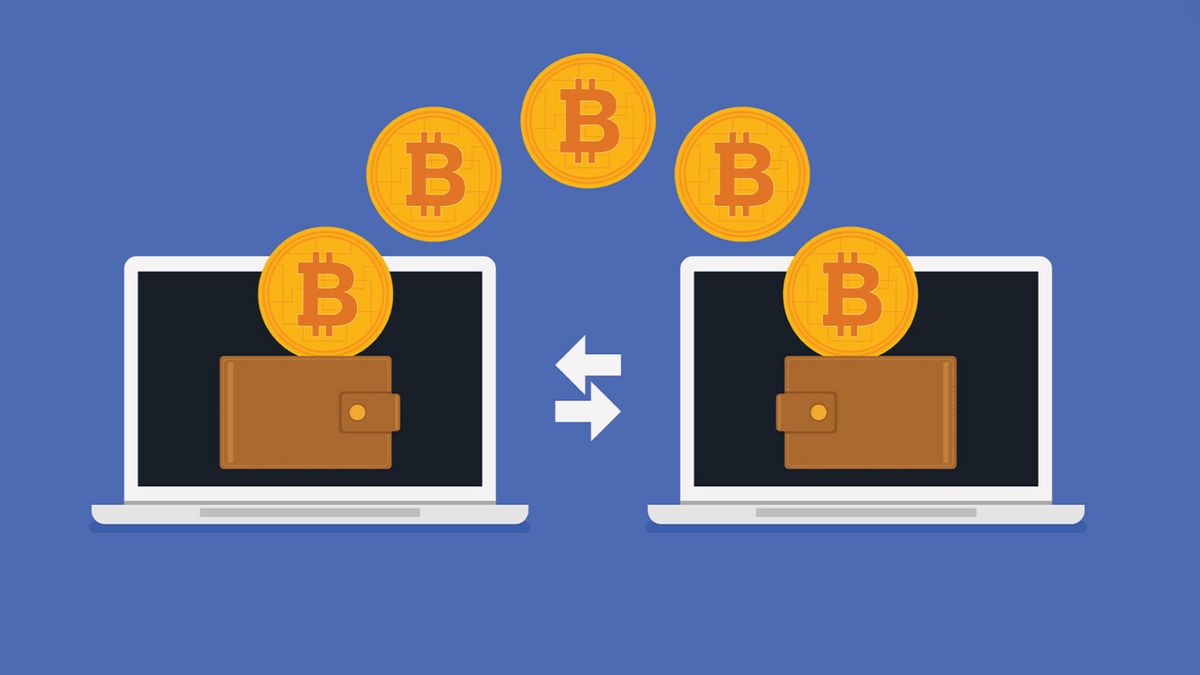JAKARTA - Bitcoin mining has reached an important milestone after the Bitcoin halving event. On April 20, Bitcoin miners experienced an unprecedented surge in revenue, reaching US$106.7 million (approximately Rp1.7 trillion), where most of the revenue came from network transaction fees.
This phenomenon coincides with the increase in activity on the Runes protocol, which has changed the mining dynamics in a significant way. The Runes protocol, which allows the creation of new tokens on the Bitcoin blockchain, has led to an increase in transaction costs due to high block space demand. Block processing number 840,000 by Viabtc, for example, yields a significant transaction fee of 37,625 BTC from 3,050 transactions.
Since the introduction of the Runes protocol, Bitcoin miners have enjoyed substantial gains from an increasing cost environment. Although costs peaked at $240 at the start, it has since stabilized in the range of $35 to 75 per transaction. Key players in securing blocks at significant costs include Foundry, Antpool, Viabtc, Poolin, and F2pool, all of which have taken advantage of this lucrative market condition.
SEE ALSO:
The increase in transaction costs as a proportion of the total block revenue signifies a significant shift in mining compensation. This has the potential to affect the behavior of miners, especially in areas where electricity costs may be higher than mining benefits. This higher cost can also drive the development of second-tier solutions such as the Lightning Network, which aims to reduce costs and accelerate transactions on the blockchain.
As the cryptocurrency landscape adjusts after half-sharing, long-term implications for network security, mining profitability, and transaction fees will become clearer. While miners welcome increased block rewards, the challenges and opportunities that develop in the Bitcoin ecosystem continue to be revealed.
With the introduction of the Runes protocol, there has been a spike in Bitcoin transaction fees, providing instant relief to miners. This protocol, along with Bitcoin half-sharing events, has led to a significant increase in miners' daily income, reaching 107 million US dollars. This is largely attributed to transaction fees, which account for about 75% of total revenue.
This development demonstrates a dynamic interplay between market power and technological advances such as Runes. With varying transaction costs and new protocols affecting the mining economy, the environment is full of uncertainty. The changing patterns of block prizes and costs continue to shape the economic landscape of the Bitcoin mining sector, suggesting an ever-evolving industry.
The English, Chinese, Japanese, Arabic, and French versions are automatically generated by the AI. So there may still be inaccuracies in translating, please always see Indonesian as our main language. (system supported by DigitalSiber.id)
















